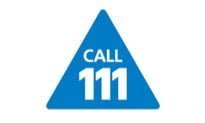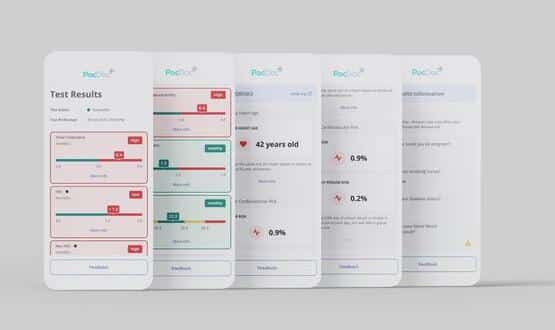Ambulance trust quits NHS 111 contracts

South Western Ambulance Service NHS Foundation Trust is pulling out of two NHS 111 contracts in the south west of England.
The trust said it is “with great regret” that it has served notice on contracts for the non-emergency care telephone service covering Devon and Cornwall; just one year after committing to provide the service in the regions.
In a statement the trust said: “despite great efforts and additional significant investment by SWASFT, the current operating model is not sustainable.”
“Whilst the trust has continued to provide high quality clinical care, minimising referrals to 999 and A&E departments, it has not been possible to achieve the exacting performance measures in relation to call answering.”
The announcement follows the loss of the contract for providing NHS 111 services in Somerset, which the trust said “compounded this position”.
Northern Doctors NHS Care was chosen as the preferred provider by Somerset Clinical Commissioning Group in November last year.
South Western Ambulance Service said it will continue to deliver NHS 111 services across Devon and Cornwall until 31 March 2016.
The trust added it will continue to provide NHS 111 services in Dorset where it also has a contract. Work in this region will “focus on improving integration across health and social care services”.
The affected area in Cornwall and Devon covers three CCGs; NHS Kernow CCG; NHS Northern, Eastern and Western Devon CCG; and NHS South Devon and Torbay CCG.
In a joint statement sent to Digital Health News they said the search is now on for a new provider.
“The three CCGs have ample time to ensure a new, high quality service will take over. The public will not be affected by this decision and we will do everything possible to ensure a seamless transfer of service.”
The decision is the latest in a string of problems for the NHS 111 service since it was proposed as a replacement for NHS Direct to provide health support to people who did not need to phone 999.
The service has faced consistent criticism since launching in 2013, with organisations such as the British Medical Association condemning the way the service works by using non-clinical staff using a computer algorithm to give advice.
The British Medical Association claims this “risk-free” approach to triage has led to an increase in GP referrals and unnecessary ambulance call-outs.
Last week at the BMA’s local medical committees conference, members voted overwhelmingly in favour of a motion calling for NHS 111 to be scrapped.
Faye Wilson, ex-chair of the LMCs who was speaking to discuss the motion, said: “Like communism, NHS 111 is a great idea, but disappointing in practice.”




